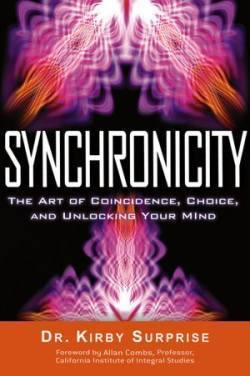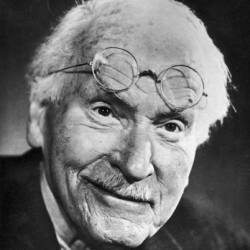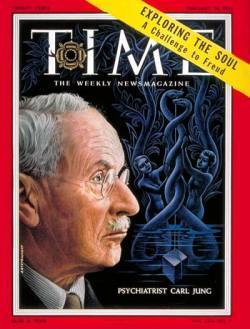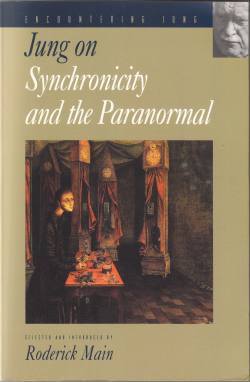Carl Jung on Coincidences, Synchronicity and the Paranormal
I find it fascinating that one of the founders of modern psychiatry was personally and professionally involved in the paranormal. Over the years, I read bits of Carl Jung’s writings and heard stories from others about how strange experiences tended to follow the man.
Only recently though, did I actually delve into Jung’s background and philosophy. This came about because increasingly in my life, I’ve observed how “coincidences” at times tend to happen way beyond mere chance.
Who better to study on this subject than Jung, the man who coined the term “synchronicity” and promoted the view that certain coincidental events have origins far beyond the physical world we know.
Shown below the following time magazine cover are two excellent books that you might find useful for further study.
A Swiss citizen, Carl Jung’s life spanned the period between 1875 and 1961. Founder of Analytical Psychology, he developed the ideas of the Complex, the Archetype and the Collective Unconscious.
The man’s efforts inspired the Myer’s Briggs Personality Test and Alcoholics Anonymous.
In his day, Jung associated with the likes of Sigmund Freud, Albert Einstein, Wolfgang Pauli and William James. Not a bad list of scientific and philosophical connections if you ask me.
Even so, Jung was fascinated by events we would call paranormal today and believed that understanding such things were a natural part of our heritage as human beings. He also believed that using such knowledge in psychotherapy was beneficial to his patients. The man was a pioneer that today’s mental health experts would do well to revisit.

 In reading about Jung’s background, I discovered his interest in the paranormal sprang not just from his studies but from his personal experiences as well.
In reading about Jung’s background, I discovered his interest in the paranormal sprang not just from his studies but from his personal experiences as well.
In fact, the man had so many such events that it looks to me like they occurred during his entire life.
Evidently, a severe illness that almost killed him in 1944, coupled with a paranormal experience, led to a life changing near-death experience. After 1944, Jung did some of his finest work until his death in 1961.






